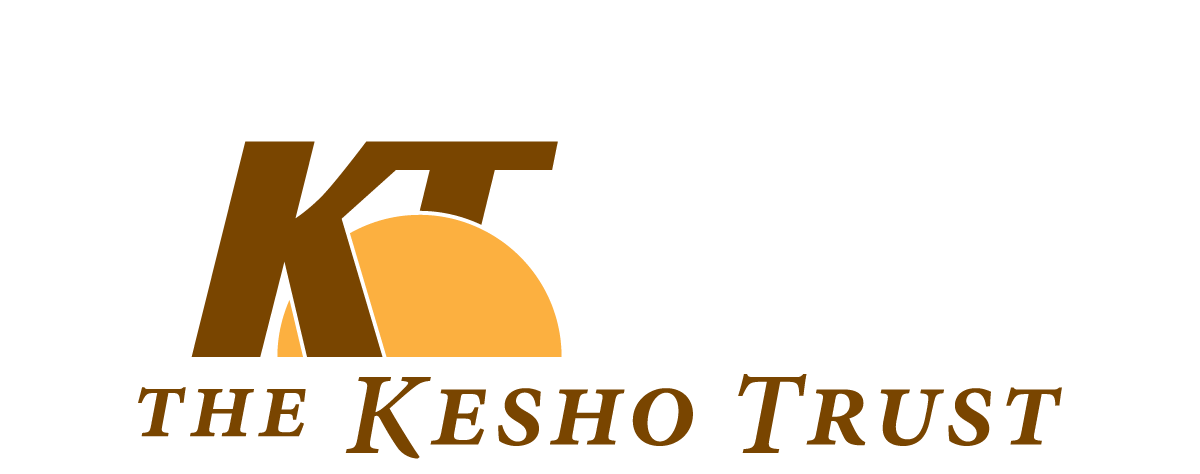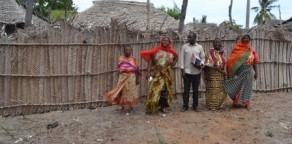Following the community-based work of the Protected Areas and Poverty Reduction (PAPR) Alliance, research committees in Mkwaja, Saadani, and Matipwili continue to respond to community priorities. Mkwaja, a traditional fishing village on the coast of the Indian Ocean in Pangani District has experienced a reduction in access to fisheries since the formal establishment and boundary delineation of Saadani National Park. Looking forward and based on that challenge, the Mkwaja research committee has proposed developing a chicken project as a alternative local food source and as a community business. The goal of the project is to help the entire community to have another source of income other than their reliance on the ocean fishery. Biluali Abdallah, a member of the committee emphasizes the importance of full community support stating that “everyone must benefit” for the project to succeed.
Plans are to start with 500 meat and 500 laying chickens and a building to facility to rear chickens. A site has been chosen and plans for building the facility have been developed by the committee. Community members will contribute their time to build the facility and will participate in training to learn about the care and dietary requirements for chickens. The project will be guided by a business plan that sets out the project costs and financing, anticipated revenues, and plans to make the project sustainable over the long term. Once established, the project will provide a source of meat and eggs to supply local hotels and guesthouses. This will provide an important source of business revenue for the community.
To support this community project, Kesho Trust has partnered again with Help Every Day to raise the $3,000 (US $) required. See their website at www.helpeveryday.org to donate and support this important project in Mkwaja.
Photo [left to right]: members of the Mkwaja chicken project committee with Peter Millanga, Project Coordinator with the Kesho Trust on the site of the new facility.

